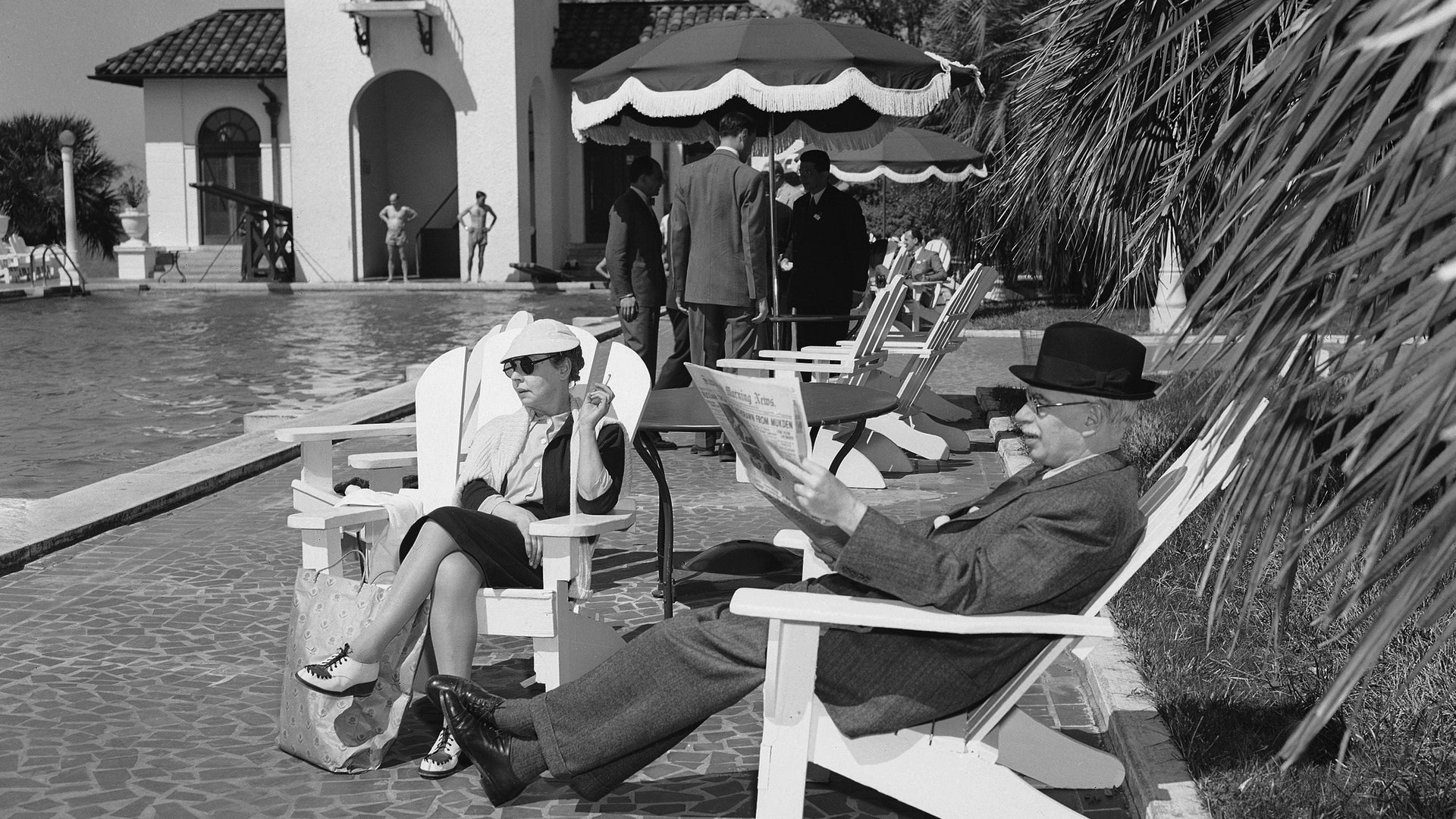History is getting its revenge on economics
In the early 20th century, economics looked a lot like history.


In the early 20th century, economics looked a lot like history.
The so-called German Historical School of Economics emerged in the 1800s in German universities, where many early US economists received their training. The historical approach stressed the importance of understanding the cultural, political, and legal backdrop to present-day economic conditions.
As such, economists of the German School were essentially arguing against the idea of “natural” economic laws originally put forward by Adam Smith. There were no “natural” laws. Economic outcomes varied due to the differences in historical context. History mattered.
But history began to matter less to economics in the years after World War II. That’s when the mathematical approach championed by MIT’s Paul Samuelson emerged, in which economists sought to use physics-like formulas to explain the cause-and-effect of economic activity.
Armed with intimidating mathematical proofs laced with inscrutable Greek letters, economists extended their influence over a range of other disciplines, from sociology to anthropology.
In the process, economics became the most influential social science in terms of crafting policy and guiding the broader cultural conversation. “Economics is not only a social science, it is a genuine science,” wrote Edward Lazear, in a triumphal essay from 2000 entitled “Economic Imperialism,” which traced the ascendance of economics.
Now, history seems to be making something of a comeback. Stanford University economic historian Ran Abramitzky published a paper this month that charted the rising share of papers in top economics journals that are historical in nature.
Driven by the ability to crunch increasingly large sets of data, economists are turning to past episodes as a source of “natural experiments” that can be used to test economics theories. Such history-minded papers have risen to roughly 5% of the top the papers appearing in the top five economics journals. (They are: The American Economic Review, The Quarterly Journal of Economics, the Journal of Political Economy, Econometrica, and the Review of Economic Studies.)
“These natural experiments are part of the reason why economic history has become important,” Abramitzky tells Quartz.
But such natural experiments aren’t the entire story. The financial crisis and Great Recession empowered policy makers with expertise in episodes such as the Great Depression, and reinvigorated interest in economic history as a field.
Former Federal Reserve chairman Ben Bernanke was uniquely positioned to guide the US central bank during and after the crisis, having studied the financial aspects of the economic crash of the 1930s in depth. Likewise, fellow economist and depression scholar Christina Romer served as the influential head of the Obama administration’s council of economic advisors in the aftermath of the crisis.
And arguably the most influential economist of the post-crisis era, Thomas Piketty, is essentially an economic historian. Piketty’s major contribution—along with fellow economist Emmanuel Saez—was, at its heart, a historical act. He assembled long-term data sets that track economic inequality over centuries, coming to the conclusion that current levels of inequality are the highest since the Gilded Age that preceded the first World War.
Not everyone buys into the notion that historical thinking is actually returning to the fore. Some stress that the use of historical data does not imply that economists are necessarily thinking like historians.
“It seems to me that, yes, there are more history papers, more papers with historical data being published,” said Brad Delong, a professor of economics who specializes in economic history at the University of California, Berkeley. “But with a very narrow exception of 2008-10, historically informed voices did not have a much greater salience than they had before.”
Likewise, DeLong’s Berkeley colleague Barry Eichengreen, a professor of economics and political science, places the papers featuring historical data within a wider context of empirical economics, which, by definition, involves collecting data on things that have happened in the past.
“Empirical work more generally in economics is kind of regaining the high ground occupied by theorists for a long time,” Eichengreen says.
As far the future direction of the field, Eichengreen advises looking at the work of some of the most promising PhD candidates, which has clearly trended toward empirical work.
“That’s real,” Eichengreen says. “It’s not a blip.”